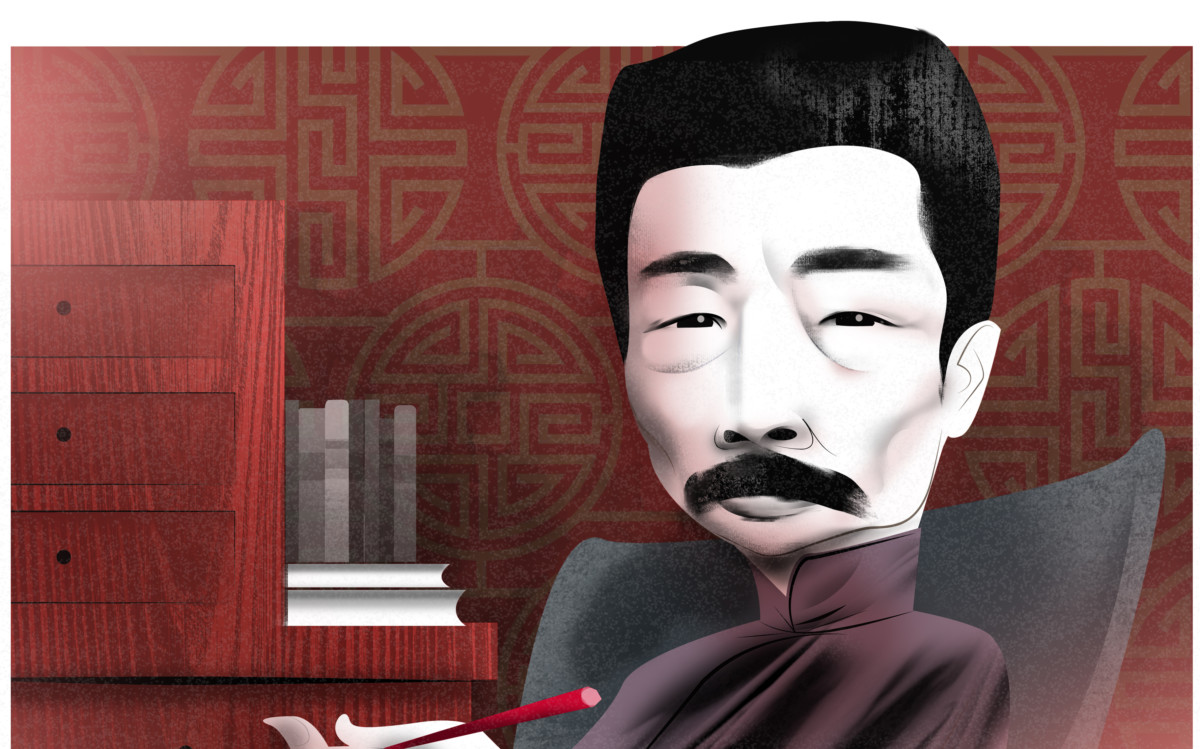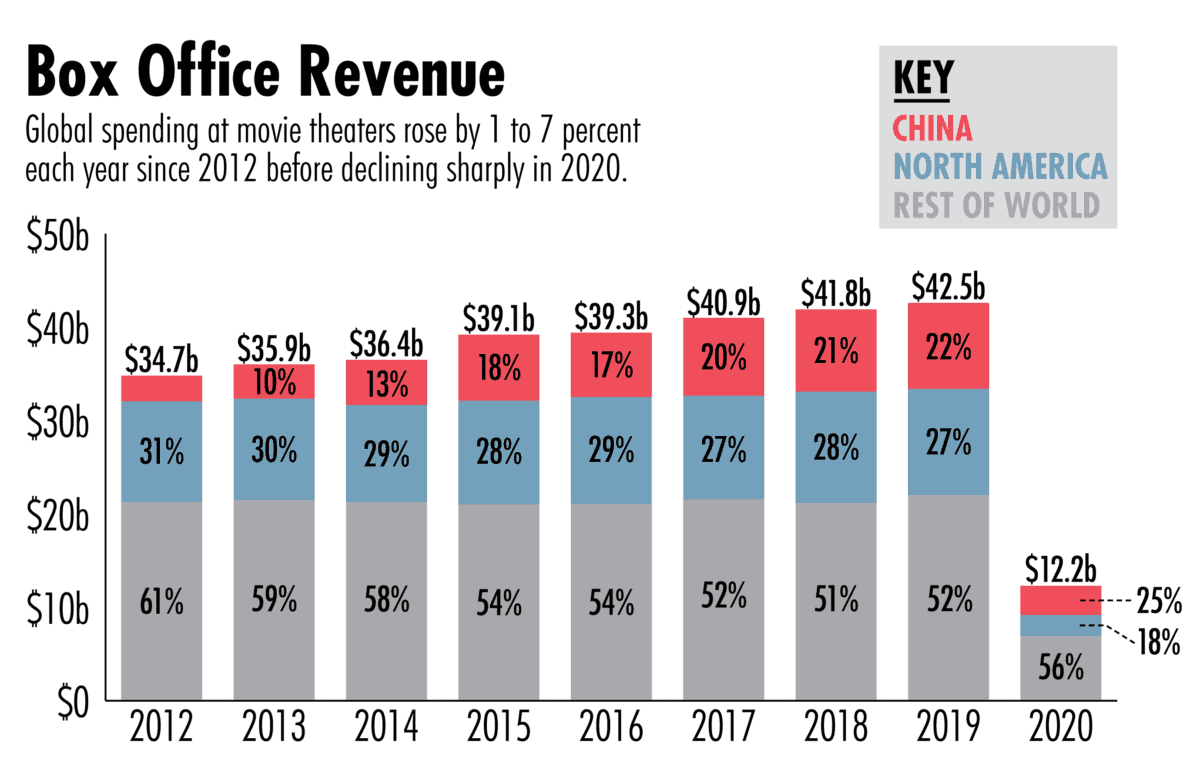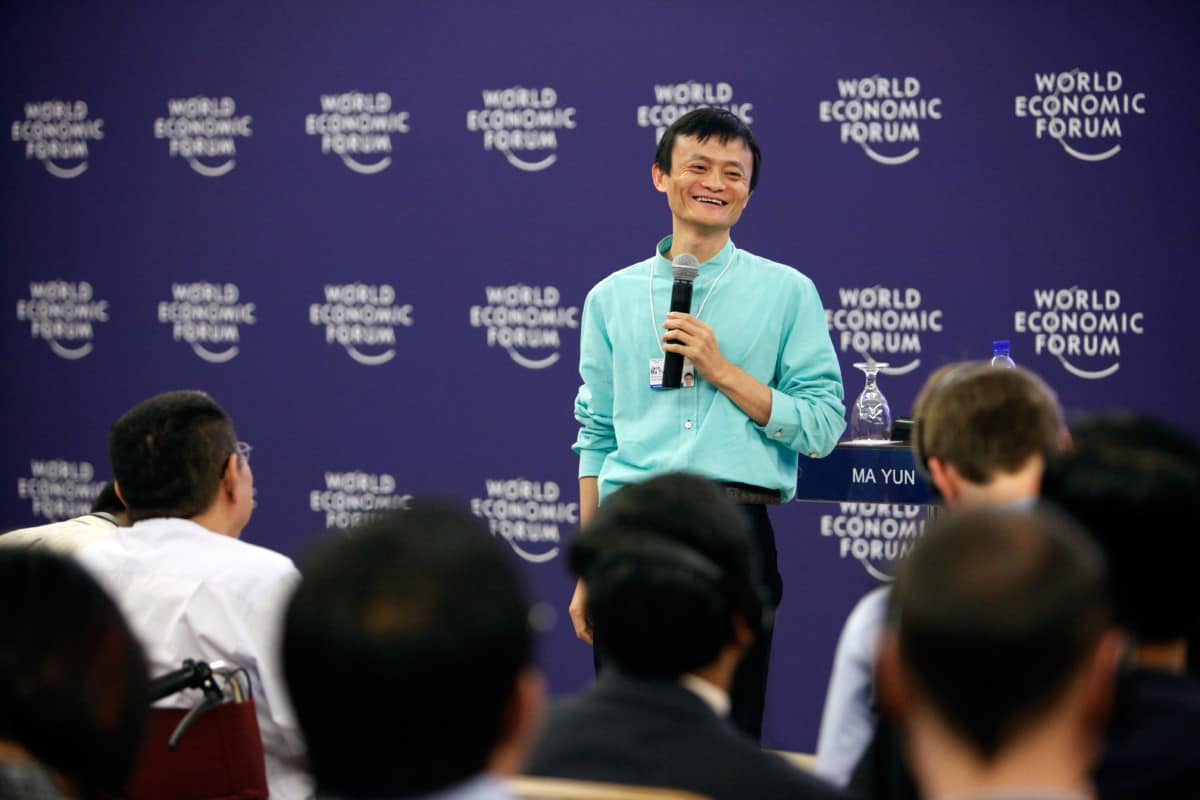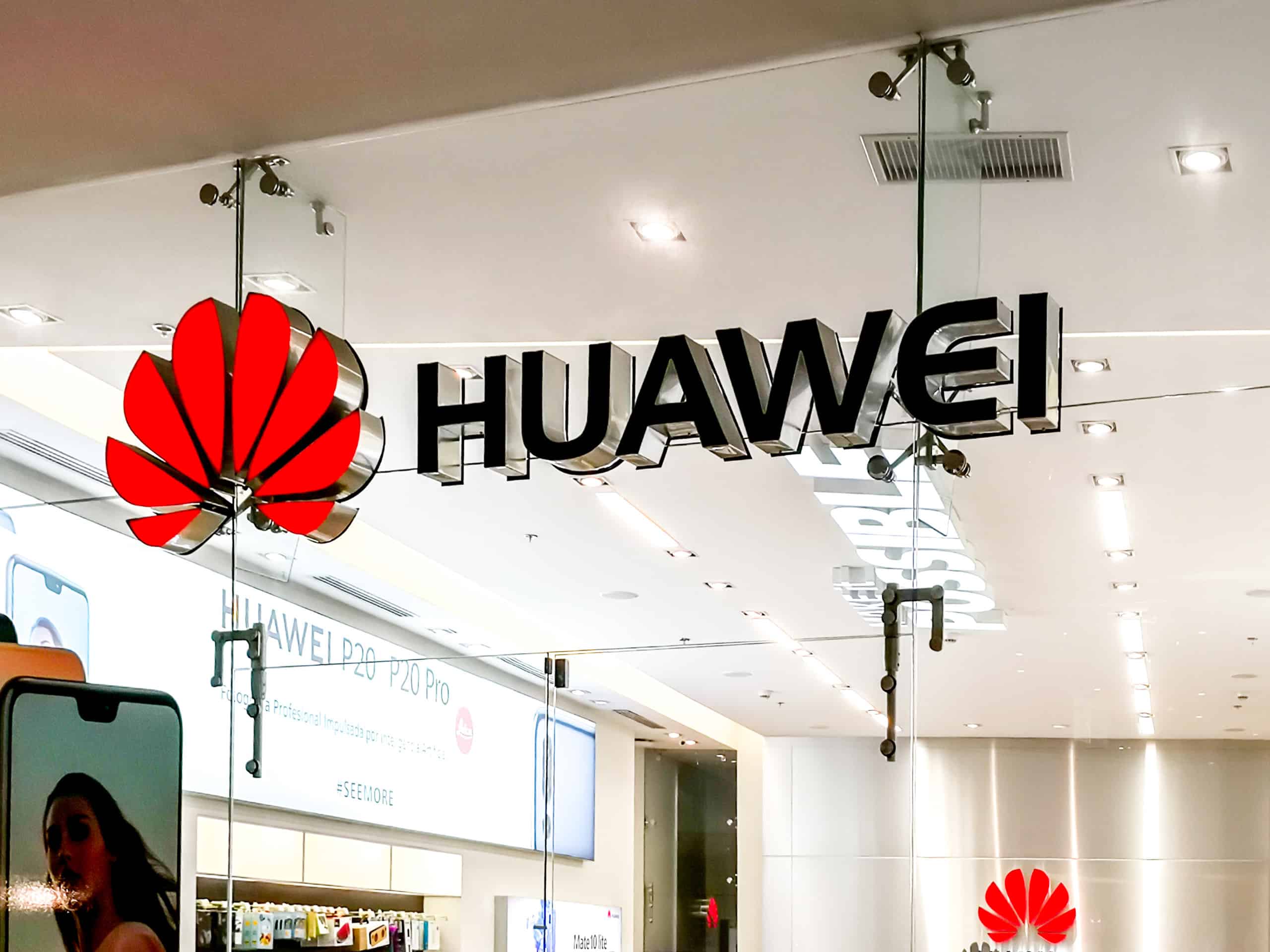Good evening. Our cover story this week is a bit different. Instead of a reported piece of journalism, we’re excited to publish an essay from Orville Schell about the Chinese writer Lu Xun and how his work highlights the missing piece in China’s rejuvenation. Many of you likely read Orville’s last essay for us, on the death of engagement; his new piece is just as thought-provoking and beautifully written. Elsewhere, we have a look at China’s box office record, as well as how Chinese firms came to dominate the stock exchange in Curaçao; a Q&A with Nicole Perlroth about the giant cyber target on America’s back; and an op-ed about how China’s regulatory system finally caught up to Ant Financial. If you’re not already a paid subscriber to The Wire, please sign up here.
Want this emailed directly to your inbox? Sign up to receive our free newsletter.

The Soul of Lu Xun
One hundred years ago, as the Chinese writer Lu Xun watched the newly formed Republic of China disintegrate into regional warlord satrapies, he embarked on a mission to change the “spirit” of his country. The humanism and moral conscience in his writing struck chords in Chinese society: when he died in 1936, his casket was draped with a banner proclaiming him “the soul of the nation.” Today, Orville Schell writes in a new essay, China’s “soul” is increasingly difficult to identify under Xi Jinping’s authoritarian regime. Rereading Lu’s work offers a pathway forward — a necessary one if China’s spectacular rejuvenation is ever to be complete.

The Big Picture: China’s Box Office
With China’s efforts to contain the coronavirus largely besting those in the United States, there were a lot of things that people in China were able to do that Americans couldn’t in 2020. One of the most prized activities was going to the movies. Indeed, in a year that saw global movie theater revenues fall to less than a third of their 2019 peak, China had the world’s biggest box office — for the first time ever. Even before its breakout performance last year, however, China had risen to become a box office powerhouse. This week, our infographics look at the trends as well as stringent standards of China’s box office.

Credit: DCSX
Red Curaçao
When the Dutch Caribbean Securities Exchange (DCSX) launched in Curaçao in 2017, it hoped to attract Latin American companies seeking to raise money from European investors. Instead, Chinese firms came — in droves. As Eli Binder reports, today, the small Dutch territory off the coast of Venezuela lays claim to the only China-dominated stock exchange outside of China. Yep, you read that right.
A Q&A With Nicole Perlroth
Nicole Perlroth, who writes about cybersecurity and digital espionage for The New York Times, is the author of This is How They Tell Me the World Ends: The Cyber Weapons Arms Race (Bloomsbury). It’s a chilling tale about how the world, and the United States in particular, has grown increasingly vulnerable to cyber attacks by nation-states and contract cyber warriors. In this week’s interview with David Barboza, she discusses all things cyber, including Google’s China saga, Russia’s Iron Cyber Curtain, Silicon Valley’s ‘insider’ threat, and why the United States has a giant cyber target on its back.
Nicole Perlroth
Illustration by Lauren Crow

Credit: World Economic Forum/Qilai Shen, Creative Commons
China’s Regulatory War on Ant
Chinese fintech conglomerate Ant Group has quickly grown into an internet titan, owing not only to regulatory lag but also to its agile adaptation to rule changes. But recent strong official criticism of the firm, coming on top of the suspension of its IPO, suggests that the country’s regulators have finally caught up. As Angela Huyue Zhang, Director of the Centre for Chinese Law and Associate Professor at the University of Hong Kong, explains in this week’s op-ed, the logic of Chinese bureaucratic politics made Ant’s IPO debacle inevitable.
Subscribe today for unlimited access, starting at only $19 a month.




